Democracy for all or only the privileged few?
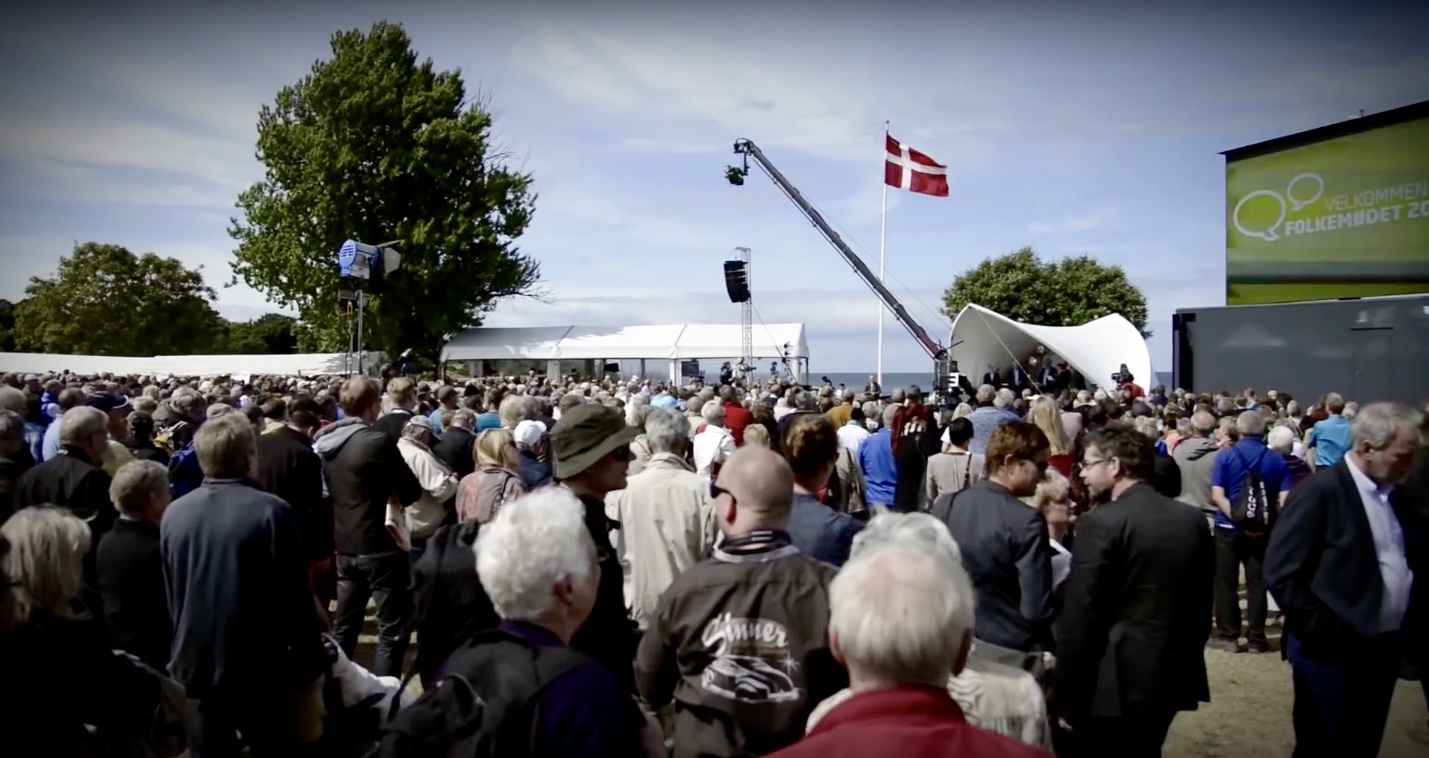
The annual Folkemøde has just been held at the island of Bornholm, celebrating democracy and citizen interaction. But as I return from the political festival, I can’t help but question the democracy that is being celebrated – is it really for everyone?
Politics, social development and debates are big passions of mine, so it seemed natural that I would revisit Folkemødet once again this summer. I have been planning to go there since February with a lot of friends from my study program and we were not disappointed.
Four intense days with everything from gender quota discussions to quizzes on foreign labor in Denmark, Folkemødet is truly a paradise for democratic believers and knowledge hungry citizens. With over 3000 events, the challenge lies not in finding events that correlate with your interests, but rather in limiting one’s personal program during the festival.
I attended a DJ battle with various politicians, saw moving war photos from Jan Grarup and heard ‘Ukulele Hanne’ play interpretations of Danish hip hop songs on Alternativet’s boat. All events illustrating various aspects of the society we live in and making it easy for all citizens to get involved. I even got to drink a beer with the Prime Minister sitting next to me, which just highlighted Folkemødet’s uniqueness of allowing ordinary people to enter an otherwise exclusive world of media or politics. Here it seems we are all equal, united in our shared joy for Danish culture and society. It’s democracy at is best – or is it?
When even the head of Parliament has to wait in line for her free hot dog then how can one argue against the equality of it all?
Caroline Boas
Because even though my thrill and excitement about the whole festival is great, I still come to wonder about those who are not attending the festival – those who can’t and those who won’t.
Democracy is for all and with the plentiful events speaking to everyone’s interest, it’s hard to question the foundation of Folkemødet. When even the head of Parliament has to wait in line for her free hot dog then how can one argue against the equality of it all?
There are however several challenges to this event, as the location, price and time aspect seems to be excluding factors. To start with, Folkemødet takes place on Bornholm. Being Denmark’s fifth largest island doesn’t necessarily mean plenty of space, so the transportation to and from is limited, as well as the housing options. When I booked my ticket in February, it was only with few available seats and camping places left. If you snooze you lose, because I know of several people and organizations, who missed out because of this limitation.
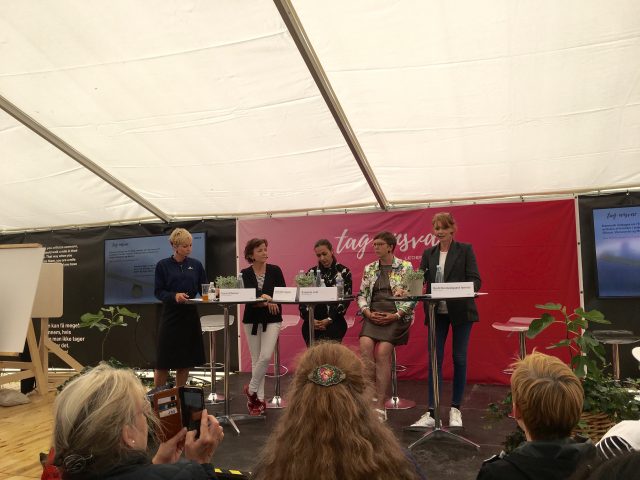
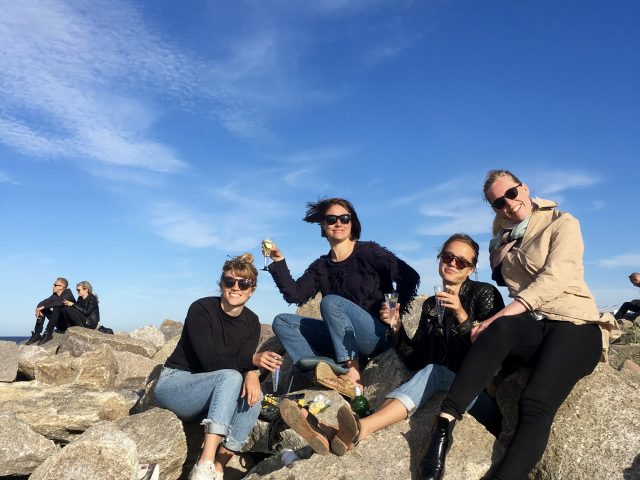
Once arriving to Bornholm and settling in to whatever kind of housing possibility one might have gotten (people tend to get very creative), another challenge occurs in the format of money. Because Folkemødet, with its increase in attendants, events and popularity, has also turned up the prices from everything to food, refreshments and public transportation. As a student, I am beyond pleased with Folkemødet’s tradition of having lots of free food and beer at the various events, or otherwise I don’t think my SU would be able to cover my trip.
A third dilemma the festival faces is not about the material issues, but rather on the whole concept. Because even though it seems democratic for everyone to be given the chance to get involved and talk with the powerful people of our nation, there are still borders in regards to the conversations being held and the people involved in them.
The time set aside for questions following a debate is only limited to a couple of hands in the air and the media covering the festival is mostly just interested in talking to people of prominence, who’s opinions and thoughts we already know about. We rarely hear from the ordinary, from those who can’t afford a ticket to Bornholm, those who can’t get off work or from those who are against the whole thing. Folkemødet represents a glossy image of democracy, where enjoying everyday moments with your state leaders and news anchors overshadows the problematic aspects of this ideology we practice.
The democratic citizen is only that of a certain social, political and economic structure.
Caroline Boas
It’s somewhat paradoxical that this meeting of the people, is only a meeting for the few. That the democratic citizen is only that of a certain social, political and economic structure.
So, what to do? A certain impossibility arises, when one wishes to include the universal in the particular, but more incentives should be in the works to help decrease this somewhat elitist approach to ‘democratic’ citizen involvement. The organization ‘Ungdomsbureauet’ (the Youth Bureau) created a youth Folkemøde last Fall and intends to do it again this coming September in Copenhagen. Their focus is to get young adults and kids involved in society by appealing to their needs and interest, as opposed to the more mainstream areas being discussed on Bornholm.
Other suggestions to bring democracy back to the people is having several events throughout the year in the same format as Folkemødet, but placing them in various locations, allowing people from all areas of Denmark to get involved – not limited by distance or ferry seats.
So, before we get carried away by the wonders of drinking a beer with Lars Løkke, or having one-on-one discussions with the top CEOs from the Danish business world, let’s not forget to stay true to the cause we celebrate. If we wish for everyone to get involved, let’s not settle with the privileged few, who can afford to invest themselves in society. We need to meet the people – all of them – at Folkemødet.
See you ALL in Allinge in 2018.


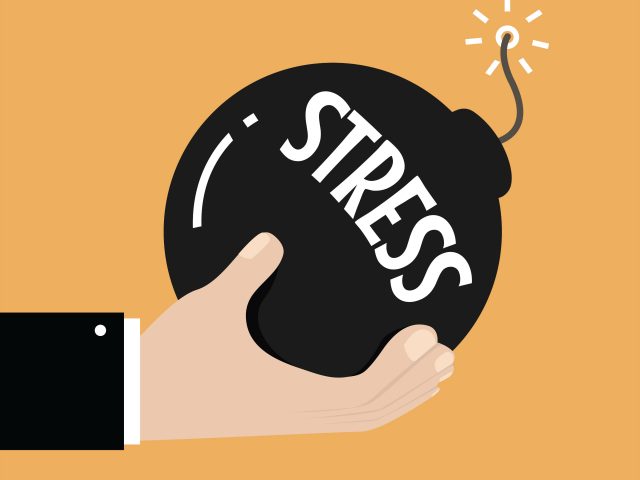
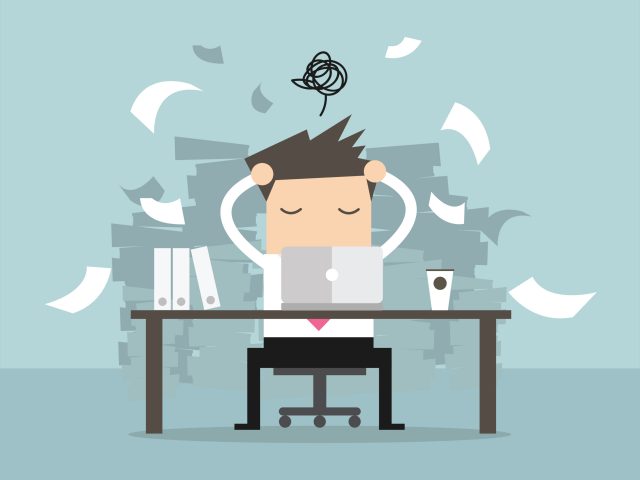





























































































































Comments